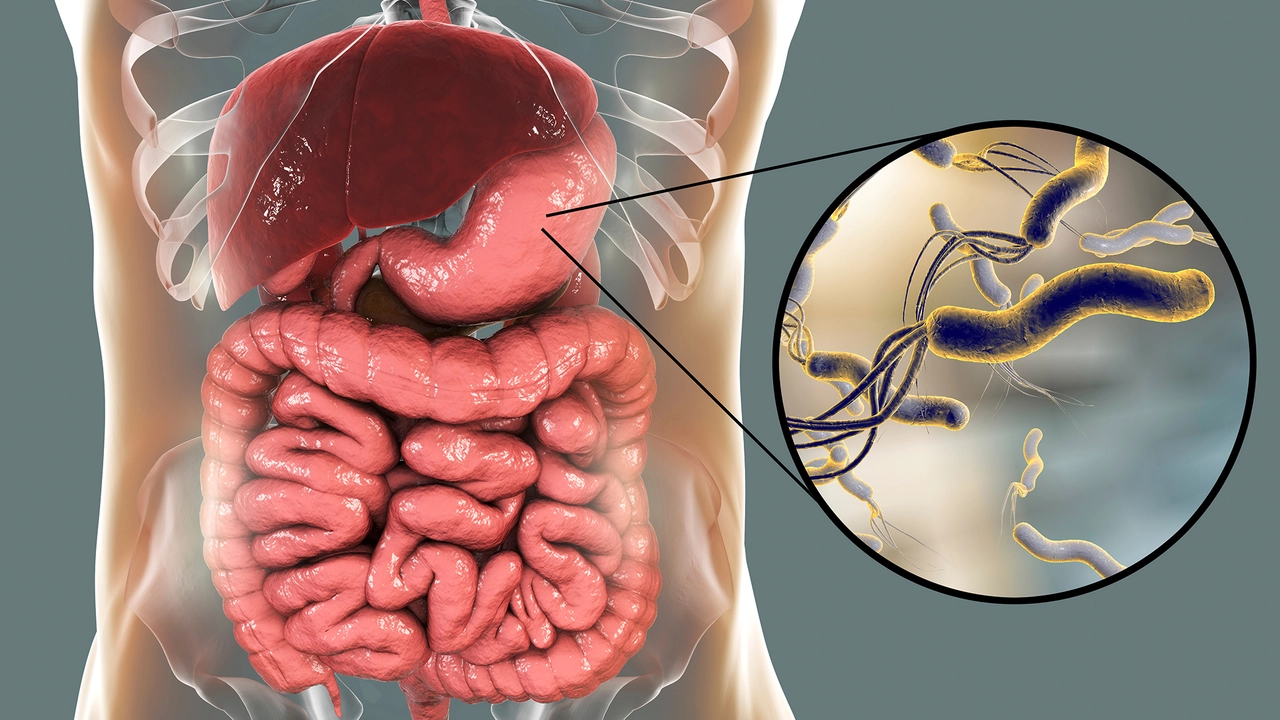Infection: Practical Guide to Causes, Treatment, and Prevention
Infections happen when bacteria, viruses, fungi, or parasites get past your body's defenses. Some are mild and clear up on their own. Others need medicine or a doctor's care. This page collects clear, practical advice so you can spot problems early, choose safe treatments, and avoid common mistakes like misusing antibiotics.
Know the common signs: fever, pain, redness, swelling, cough, sore throat, unusual discharge, or sudden fatigue. Not every sniffle is serious, but watch for high fever, trouble breathing, severe pain, confusion, or symptoms that get worse instead of better. Those are reasons to call a clinician or head to urgent care.
Antibiotics help bacterial infections but do nothing for viruses. Using antibiotics when they aren't needed raises the chance of side effects and resistant germs. If a provider prescribes antibiotics, follow the dose, timing, and duration exactly. If you stop early because you feel better, the infection can come back stronger.
Common treatments and safe buying tips
For common bacterial infections you may see drugs like ciprofloxacin, erythromycin, or doxycycline. Each has uses, risks, and interactions. Read reliable guides before taking them and tell your provider about any other meds you use. If you buy medicine online, use licensed pharmacies and avoid deals that look too good to be true. Many articles on this site explain safe online pharmacy checks and how to spot fake products.
Prevention that actually works
Simple habits cut infection risk a lot. Wash hands with soap for at least 20 seconds, stay up to date with vaccines, keep wounds clean and covered, and avoid sharing personal items like razors. For respiratory infections, cough into your elbow and stay home when very sick. For parasites, follow travel advice, drink safe water, and use treated surfaces for food prep.
Special cases often need extra care. If you have a chronic condition, weakened immunity, or a recent surgery, even mild signs should lead to a prompt call to your provider. Pregnancy or small children also change how some infections are treated, so mention them when you seek help.
This tag page links to practical articles about specific drugs and conditions—how to use ciprofloxacin safely, erythromycin basics, parasite campaigns, and when cystoscopy is useful for cystitis diagnosis. Use those guides to learn specifics, but remember: online content supports, not replaces, medical advice. If symptoms are worrying or sudden, get professional help right away.
Want quick tips? Keep a simple first-aid kit, know your local urgent care hours, and keep an updated list of your medications and allergies. That list will save time in an emergency and help clinicians pick the right treatment fast.
Questions or looking for a guide on a specific infection? Check the related articles below or contact us through the site for pointers to reliable information and trusted pharmacy resources.
Bookmark this tag for quick access to infection guides, updates on antibiotic safety, and practical tips to keep you and your family healthier year round every day.
The Connection between Stomach Ulcers and Helicobacter pylori Infection
Hi there, let's talk about something really important - stomach ulcers. Believe it or not, these nasty little things can be caused by a bacteria called Helicobacter pylori. Throughout this article, I’ll walk you through how this infection interacts with your stomach lining, leading to ulcers. It’s an intriguing connection that could be useful in understanding and managing your health better, so stay tuned for an insightful discussion.
